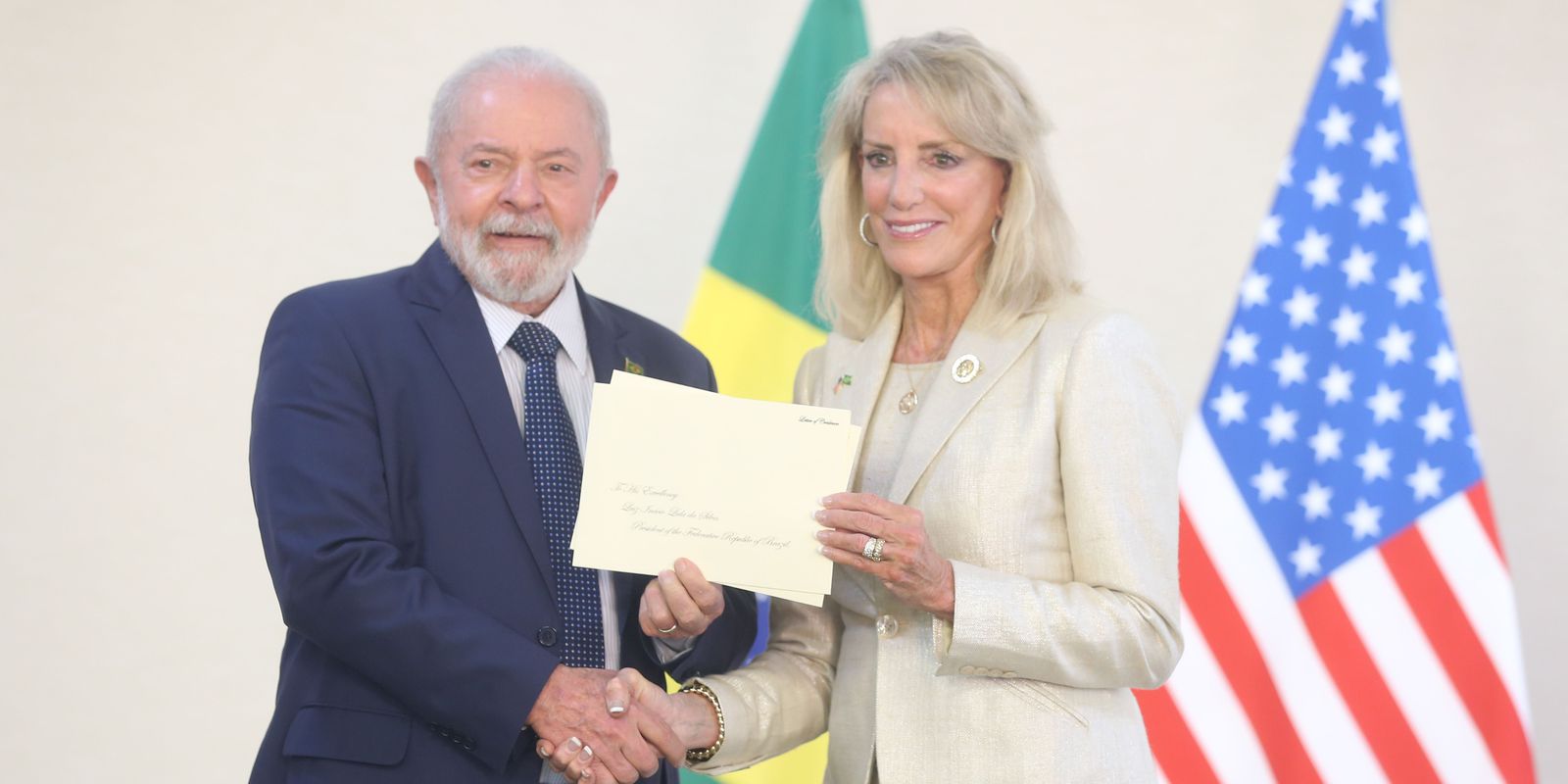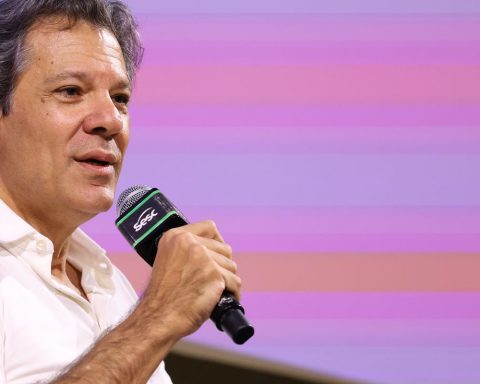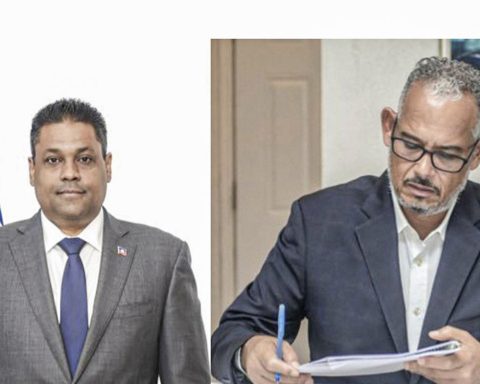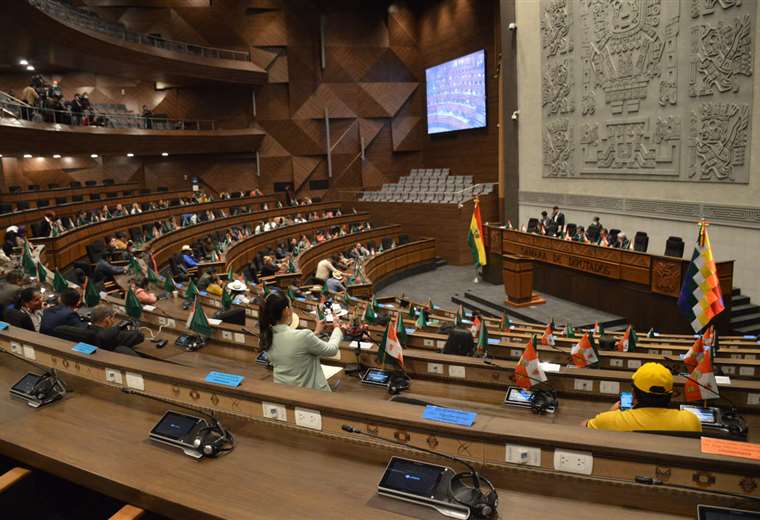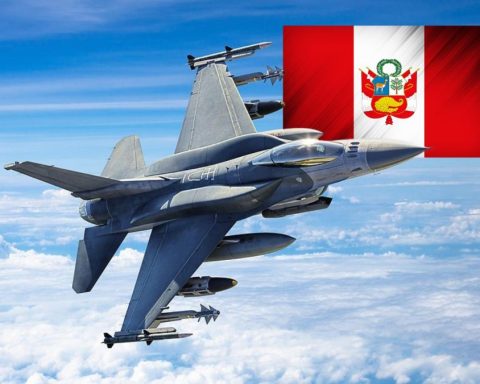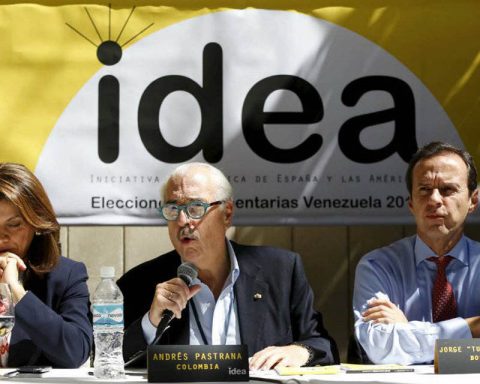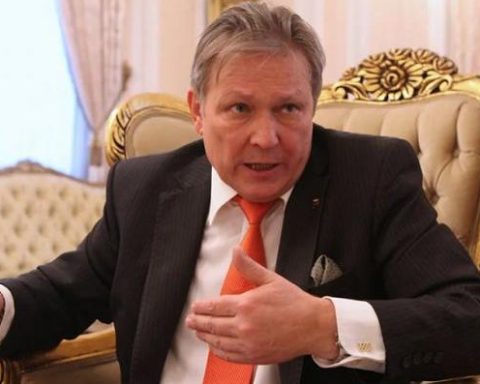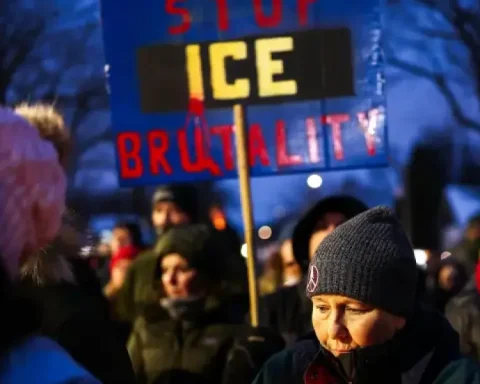President Luiz Inácio Lula da Silva received today (3) the credentials of nine new ambassadors to Brazil. The reserved ceremonies began at 10:00 am, at the Planalto Palace, in Brasília, with a presentation by the ambassador of the United Kingdom, Stephanie Al-Qaq. The last to hand over her documents was US Ambassador Elizabeth Bagley at around 4 pm.
As he left the Planalto Palace, Bagley stated that topics were discussed that should be on the agenda during President Lula’s trip to Washington, on February 10th.
“We spoke about issues that will be discussed at the February 10 meeting, such as climate change, human rights, democracy and acts of fragility and attacks on democracy, not only in our country or in Brazil, but also in the rest of the world. President Lula spoke a lot about the issue of economic growth,” he said.
The ambassador also stated that the United States has been working with the National Congress to promote issues such as the rights of indigenous peoples and the promotion of racial equality.
The representatives of China, Zhu Qingqiao; from Syria, Rania Al Haj Ali; from Zimbabwe, Meshack Kitchen; from El Salvador, Luis Oswaldo López Álvarez; from the Czech Republic, Pavla Hvrlíková; from the Philippines, Joseph Angeles; and from Turkey, Halil Ibrahim Akça.
“Today I am receiving credentials from new ambassadors from nine countries in Brazil. Dialogue for the expansion of relations and cooperation with the world”, wrote Lula in a publication on social networks.
Conversations with the new ambassadors of Syria, Rania Al Haj Ali; Zimbabwe, Meshack Kitchen; El Salvador, Luis Oswaldo López Álvarez and Czech Republic, Pavla Hvrlíková. We will resume relations with all continents and work to promote peace.
?: @ricardostuckert pic.twitter.com/qFvxtsBn0H
— Lula (@LulaOficial) February 3, 2023
Traditionally, an ambassador assumes the post after delivering documents sent by the president of his country to the government of the country where he will work.
The presentation of credential letters to the President of the Republic is a formality that increases the prerogatives of the diplomat in Brazil. If the credential is not received by the president, the ambassador cannot represent his country in audiences or official ceremonies, for example.
